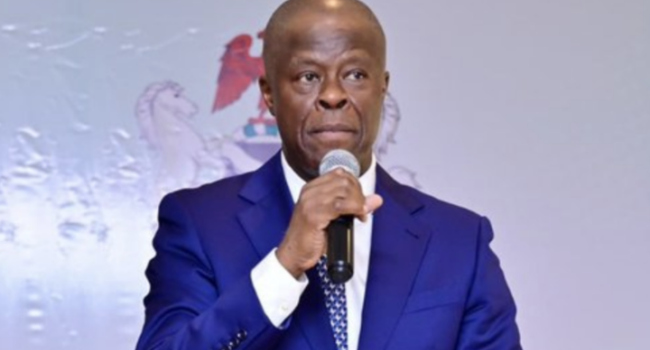In a distressing revelation, the World Health Organisation (WHO) has sounded the alarm on the alarming surge in dengue infections worldwide in 2023, posing a significant public health threat. The UN health agency’s latest report unveils a staggering count of over five million dengue infections and 5,000 deaths from the disease globally during the year.
At a press briefing held at the UN headquarters in Geneva, Dr. Diana Rojas Alvarez, WHO’s leading expert on Arboviruses, emphasized the critical nature of the situation, urging immediate and comprehensive attention. Dr. Alvarez stressed the urgency for a coordinated response from all levels of the UN health agency to assist nations in containing the current dengue outbreaks and preparing for the impending dengue season.
Dengue, the most prevalent viral infection transmitted to humans through mosquito bites, mainly prevails in urban areas within tropical and sub-tropical climates. The striking rise in reported dengue cases across multiple countries is attributed to the expanding habitat of infected mosquitoes due to global warming and associated emissions.
Dr. Alvarez highlighted the influence of climate change on dengue transmission, citing the escalation of rainfall, humidity, and temperature as contributing factors. She underlined the heightened sensitivity of dengue-carrying mosquitoes to temperature variations, emphasizing the intricate link between climate change and the spread of the disease.
The WHO’s alert serves as a stark reminder of the far-reaching impact of climate change on global health, amplifying the urgency for collaborative, proactive measures to mitigate the escalating threat of dengue infections.



